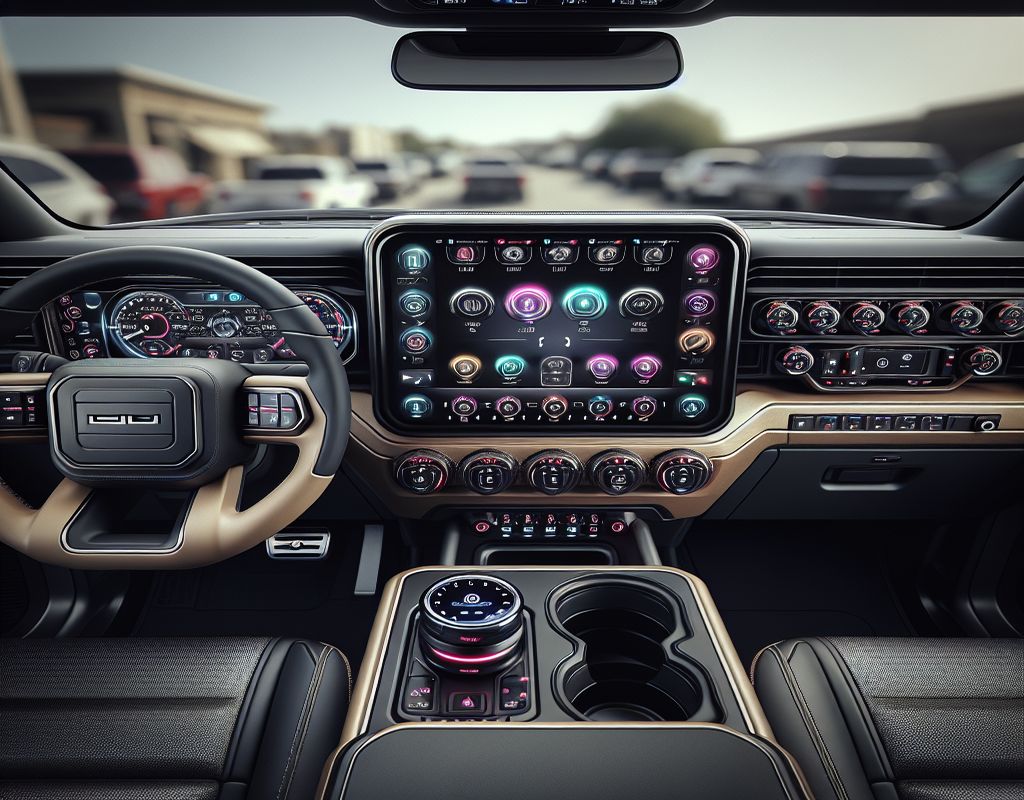Introduction
Regular vehicle maintenance is crucial for optimal performance, safety, and efficiency. Neglecting maintenance tasks can lead to issues and costly repairs. In this article, we will focus on the importance of changing the cabin air filter in a 2021 Ram 1500. The cabin air filter plays a vital role in maintaining air quality within the vehicle, ensuring a clean and healthy environment for both the driver and passengers.
Understanding the Cabin Air Filter
A cabin air filter is an essential component of a vehicle’s HVAC system. It filters the air that enters the cabin through the HVAC system, removing dust, pollen, pollutants, and other airborne particles. Unlike the engine air filter, which filters the air entering the engine, the cabin air filter is specifically designed to improve the air quality inside the vehicle.
The Difference from an Engine Air Filter
While both the cabin air filter and the engine air filter filter air, they have distinct roles and locations within the vehicle. The cabin air filter is located inside the vehicle, usually behind the glove compartment or under the dashboard. It filters the air that enters the passenger compartment. In contrast, the engine air filter is situated in the engine bay and filters the air that enters the engine for combustion.
Debunking Common Misconceptions
Let’s address a few common misconceptions about cabin air filters. Some believe that the cabin air filter only needs replacement if there is visible dirt or debris. However, the filter can accumulate microscopic particles that may not be visible but can still affect air quality. Another misconception is that the cabin air filter only requires changing in dusty or polluted environments. In reality, all vehicles with cabin air filters need regular replacements to maintain optimal performance and air quality.
Signs of a Dirty Cabin Air Filter
It’s important to be aware of the signs indicating that your cabin air filter needs changing. These signs include poor air quality inside the vehicle, unpleasant odors, reduced air flow from the vents, and an increase in allergies or respiratory issues among passengers. If you notice these symptoms, it’s likely that your cabin air filter is dirty and no longer effectively filtering the air.
Consequences of Neglecting the Cabin Air Filter
Neglecting to change your cabin air filter can have several consequences. Firstly, it can lead to damage to your vehicle’s HVAC system. A dirty and clogged cabin air filter restricts air flow, putting extra strain on the HVAC system and potentially causing malfunctions. Secondly, it can have a negative impact on health and safety. A dirty filter allows allergens, pollutants, and other harmful particles to circulate in the cabin, leading to respiratory problems and discomfort. Thirdly, a clogged cabin air filter can result in decreased fuel efficiency as the HVAC system needs to work harder to maintain the desired temperature. Lastly, failing to change the cabin air filter regularly can lead to costlier repairs in the long run, as the strain on the HVAC system can cause other components to wear out faster.
Benefits of Regularly Changing the Cabin Air Filter
Regularly changing your cabin air filter provides several benefits. Firstly, it improves the air quality inside the vehicle, ensuring a cleaner and healthier environment. Secondly, it eliminates unpleasant odors that may arise from a dirty filter. Thirdly, a clean cabin air filter contributes to the better functioning of the HVAC system, providing efficient heating and cooling as intended. Lastly, changing the cabin air filter protects the health of passengers, especially those with allergies or respiratory sensitivities, by reducing the circulation of allergens and pollutants.
Recommended Replacement Schedule
Manufacturers typically recommend specific intervals for changing the cabin air filter, ranging from every 12,000 to 30,000 miles or every 12 to 24 months, depending on the vehicle and driving conditions. However, certain factors such as driving in dusty or polluted areas or frequently traveling on unpaved roads may require more frequent filter changes. It is important to follow the recommended schedule to maintain optimal air quality and HVAC system performance.
Conclusion
Regular maintenance of a vehicle is essential for its longevity and performance, and changing the cabin air filter is a crucial part of that maintenance. By understanding the role of the cabin air filter, its signs of needing replacement, and the consequences of neglecting it, vehicle owners can ensure a clean and healthy environment within their vehicles. Following the recommended maintenance schedule and regularly changing the cabin air filter will contribute to improved air quality, better HVAC system performance, and enhanced passenger comfort and safety.
